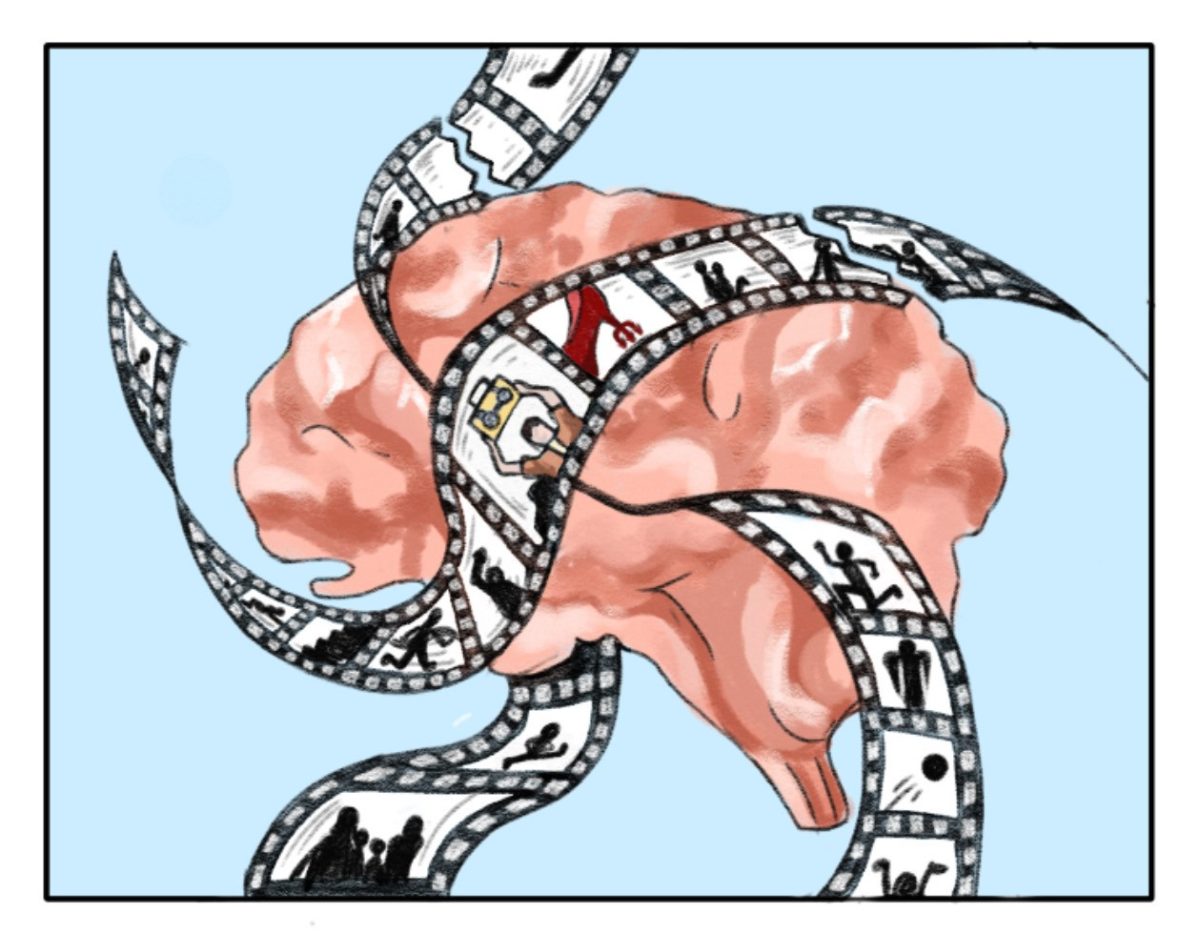
Scrolling past the multitude of Harambe memes and puppy videos, your attention falls upon Hillary Clinton’s latest political campaign advertisement. A pathos-invoking scene of a workman toiling away in a cramped space appears on the screen with Donald Trump’s derogatory words sounding in the background: “You have to be wealthy in order to be great, I’m sorry to say it.” Personally offended by this statement, you exclaim to your friend sitting next to you: “Can you believe that he’s qualified to run for president? This is clearly classism at its best.”
In reality, this statement was not classist in the slightest. On the day he secured enough delegates for the Republican nomination, Trump spoke at a press conference in North Dakota, focusing on how he would make the country great again. At one point during the speech, he said, “There’s one more thing we have to do to make America wealthy again. And you have to be wealthy in order to be great, I’m sorry to say it.” The Facebook advertisement from the Clinton campaign intentionally removed the context of Trump’s words, making it seem as if he were targeting citizens from a lower economic strata rather than addressing the plight of the nation as a whole.
Unfortunately, we are often too easily susceptible to this distortion of news. As members of the younger generation, we receive most of our news through Facebook and other social media platforms, such as Snapchat’s NowThis Channel. Thus, it’s no wonder presidential candidates have turned to social media to promote their campaigns or attack their opponents. While these platforms provide us with an increased exposure to information and possibly even a higher interest in politics, they first have to grab our attention, leading to bias and subjectivity, as seen in the aforementioned Clinton advertisement.
Social media’s ability to provide fast and easy access to news is both its strength and weakness. Perhaps the best example of its benefits is the popularity of the presidential debates live streamed on Facebook. No longer are viewers constrained to staying home to watch the debates on television. Also, the limited character count of many social media platforms disseminates information in a more concise manner, allowing for quick updates. For those students who are too busy with schoolwork or college apps, quickly scrolling through feeds is the most efficient and entertaining way to stay up-to-date with the presidential campaign and politics in general. However, in doing so, we are really seeing only what’s trending. Ideally, what’s trending on these platforms is what’s most important; however, this is often not the case, as shown by the recent congestion of Harambe memes and hashtags on social media. When we rely on media platforms for political updates, we are relying on what other people repost, retweet, or share.
In a way, news on social media spreads like rumors through the halls. As ten year olds, we all played the childhood game of “telephone” and witnessed the amusing transformation from a simple phrase to a wacky one; the same often happens with the information we receive on our feeds. If we relied on only rumors to find out when our homework was due, maybe we would receive the correct information, but maybe we wouldn’t. Is it worth the risk?
We as students need to be more aware of the reliability and reputation of our information sources as well as the meaning and context behind trending videos. Newspapers are a better alternative, but they still have their shortcomings: Biases towards certain political parties run rampant in each news outlet. While it may be easier to simply scroll through your feed, it is worth the extra effort to obtain information from multiple credible sources and then make an educated judgment for yourself. Only then will our opinions and votes be informed decisions rather than products of biased retweets and inaccurate Facebook posts.













